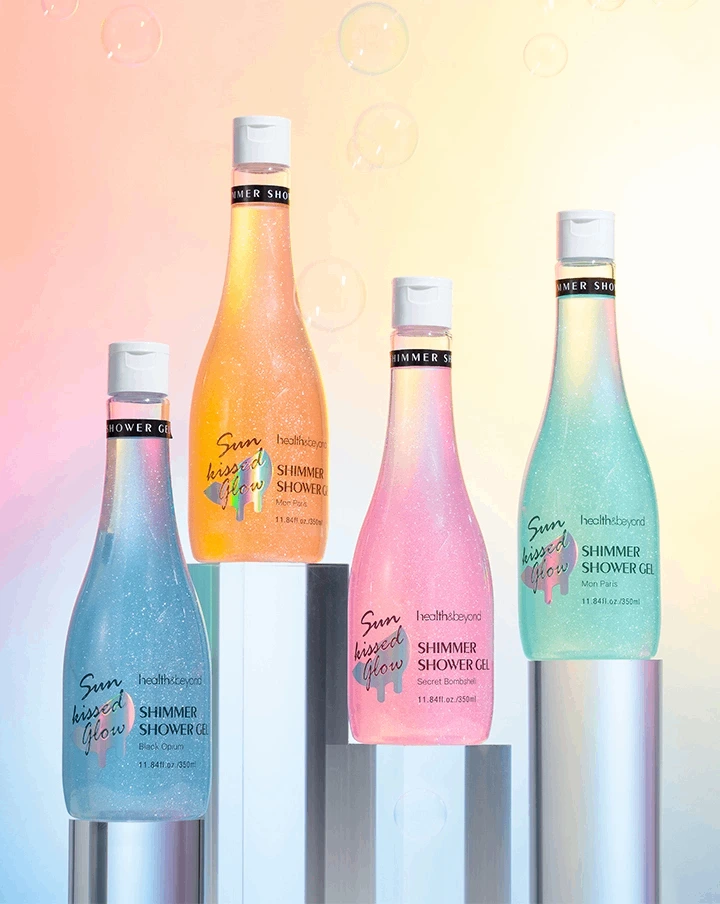Shower gel is one of the common bath products in our daily life. It has the function of cleaning the body and keeping the skin healthy. However, there is some controversy about whether shower gel can be used every day. Some people think that using shower gel every day will damage the natural protective layer of the skin, causing dry and sensitive skin; while others insist that using shower gel every day can keep the body clean and healthy. So, can shower gel be used every day? This article will explore this issue in detail and give scientific and practical suggestions.
First, let's understand the ingredients of shower gel. Shower gel is a liquid cleanser whose main ingredients include surfactants, preservatives, fragrances, moisturizers and other additives. Surfactants help remove oil and dirt from the surface of the skin, while moisturizers help maintain the moisture of the skin and prevent it from feeling dry after washing.
As for whether you can use shower gel every day, the answer is: Generally speaking, yes, you can use shower gel every day.
However, this depends on several key factors:
1. Skin type: If you have dry or sensitive skin, frequent use of shower gel may cause your skin to become more dry or irritated. In this case, it is important to choose a gentle shower gel.
2. Types of shower gel: There are various types of shower gels on the market, from strong degreasing ones to moisturizing ones designed for dry skin. Choosing the right product for your skin type is key.
3. Bathing frequency: Bathing every day is necessary for many people, especially in the hot summer or after strenuous exercise. However, if your skin shows signs of dryness or irritation, you may need to use shower gel less frequently.
4. Amount of shower gel: Using too much shower gel is not only harmful to the skin, but it may also damage the skin's natural barrier. Generally, a small amount (about the size of a coin) is enough. In addition, we should pay attention to rinsing it thoroughly to avoid residue on the skin.
The skin is the first line of defense of the human body and has a natural protective barrier that can block the invasion of harmful substances and bacteria. Over-cleansing, especially with strong detergents, may damage these natural barriers and cause dry skin, irritation and even infection.
Dermatologists and experts generally recommend choosing pH-balanced, soap-free, and unscented shower gels to minimize adverse effects on the skin. In addition, applying moisturizer or lotion immediately after each shower can help lock in moisture and keep your skin soft and healthy.

Suggestions:
1. Choose a shower gel that suits your skin type: sensitive skin should choose fragrance-free and non-irritating ingredients; oily skin can choose oil-control shower gel.
2. Pay attention to the method of use: massage the skin gently when using it, and avoid using too much force.
3. Reasonable frequency: If you find that using shower gel every day causes skin problems, try to reduce the frequency of use, or switch to a milder product.
4. Moisturizing: Whenever you use shower gel, make sure to apply moisturizing products after bathing.
5. Consult a dermatologist: If you have a specific skin condition or disease, it is best to consult a dermatologist for personalized advice and suitable product recommendations.
In short, it is okay to use shower gel every day, but the key is to choose the right product and take appropriate care measures. Understanding your skin type and choosing the right shower gel, maintaining a reasonable bathing frequency, and doing a good job of moisturizing are the keys to keeping your skin healthy. In this way, you can enjoy a fresh and clean day while maintaining the health of your skin.
As a private label shower gel manufacturer, we not only provide high-quality bath products, but also provide customized services. We can customize unique product formulas and packaging designs according to customer needs to help customers establish their own brand image and market competitiveness.
https://www.healthandbeyond.com/
Health&beyond

